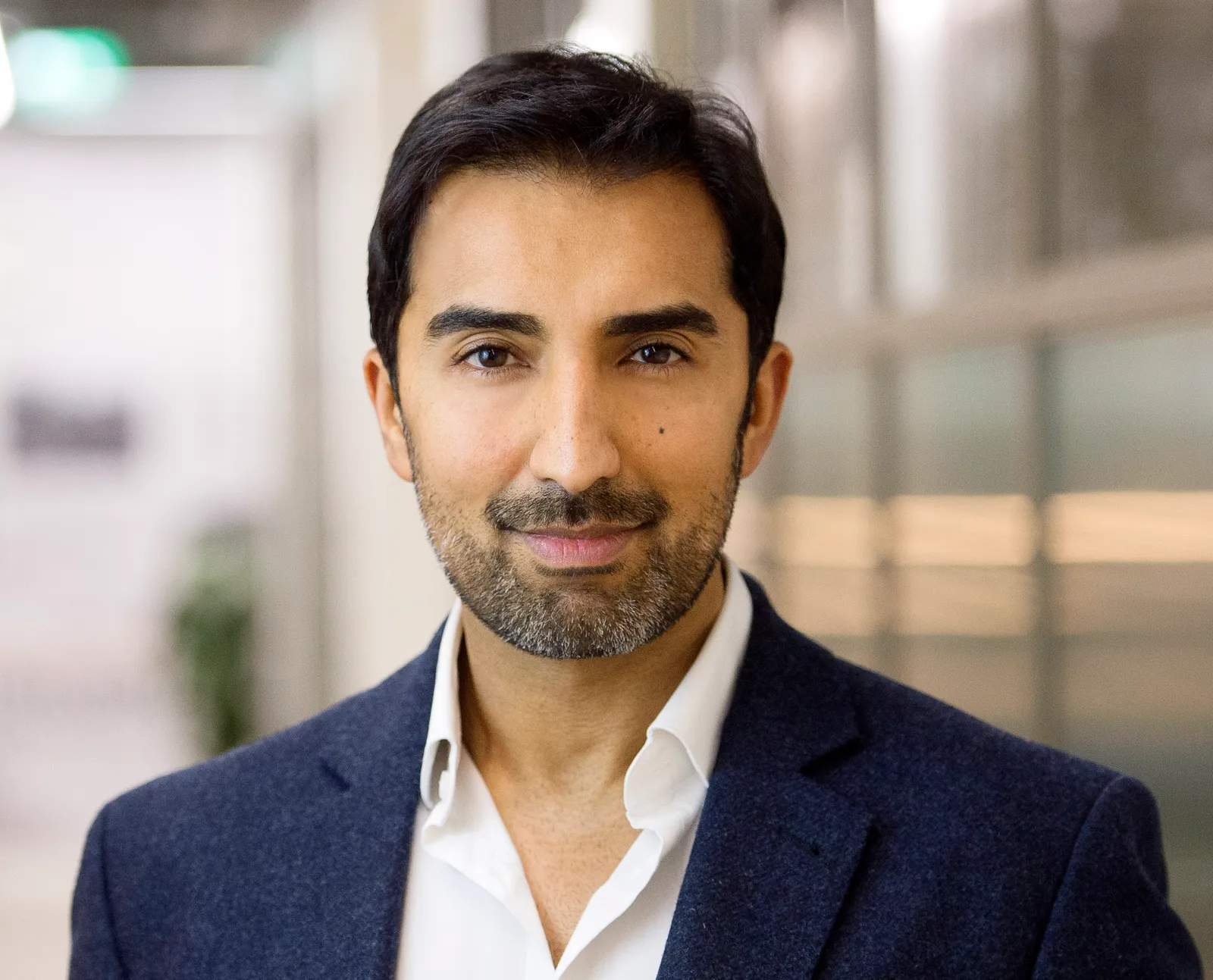PwC’s partnership with the AI-powered legal startup Harvey should help its network of 4,000-plus legal professionals reduce the amount of time they spend on projects requiring the review of thousands of documents.
But Bivek Sharma, head of AI for PwC’s Global Tax and Legal Services, said he’s most excited about the potential for the artificial intelligence technology to comb through large amounts of data and quickly generate detailed insights that will help lawyers better advise their clients.
He suggested PwC’s use of Harvey’s generative AI technology will prove valuable in the areas of due diligence, regulatory compliance and contract analysis, among others.
“If you are as an organization looking at this as a pure kind of hours-saving play, I think you're kind of completely missing the point around AI,” Sharma told Legal Dive. “I think the people in the market who are really going to get the most out of this are the ones that are looking at the insights that we can drive, the additional value over and above what we're able to achieve right now.”
Background on partnership
PwC announced its strategic alliance with Harvey in March, and said it was given exclusive access to the platform among the Big 4 accounting firms.
Harvey, which is built on technology from ChatGPT creator OpenAI and is backed by OpenAI’s startup fund, uses large language models to automate and enhance different aspects of legal work.

Sharma said PwC is currently testing use cases its Legal Business Solutions professionals across the globe will be able to implement in service of clients in corporate legal departments and law firms.
PwC’s ongoing work involves developing and training its own proprietary AI models with Harvey to create customized products and services for internal and external use.
Due diligence
Sharma, who also serves as chief technology officer for PwC’s Global Tax and Legal Services, said due diligence is a major area in which he envisions the company’s network of lawyers utilizing generative AI to assist clients.
This will include employing the technology to assist with legal, finance and tax due diligence that requires reviewing thousands of documents.
For example, the AI could be used to pinpoint possible exposures or upsides in the transactional documents it reviews whether you are a buyer or a seller.
The speed and breadth of the generative AI-powered review, Sharma said, should provide PwC lawyers with additional time to do higher-level analysis.
“We can do that deep dive quicker and then spend a lot of that time on really looking at the insights that it’s now drawing up and working with our clients to say, ‘Here’s what we really need to be thinking about. Here’s where we need to focus our efforts. Here’s where we might have an exposure with a particular contract on the sell-side of things,’” Sharma said.
Regulatory compliance and ESG
Regulatory compliance, which is a growing area of concern for corporations worldwide, is another area where Sharma predicts PwC lawyers will benefit from the partnership with Harvey.
Technology-assisted work in this domain could include efforts to ensure companies’ supply chains are ESG compliant.
Generative AI can help by reviewing contracts with thousands of suppliers to make sure they contain the proper provisions around environmental issues or modern slavery regulations, Sharma said.
This functionality is particularly important, he said, as ESG-related regulations rapidly evolve in different regions of the globe.
General counsel interest
Sharma said PwC’s announcement about its partnership with Harvey has drawn very positive feedback so far from general counsel in different industries.
Legal chiefs have expressed an interest in learning more about the potential of generative AI to assist their companies with large-scale contract analysis and contract production.
GCs have also sought advice on other ways in which they could possibly embed AI into their day-to-day legal operations without causing data security or related issues, according to Sharma.
He said PwC has committed to working with Harvey to take the platform to market to help clients streamline their in-house legal processes, and PwC’s in-house legal team will also utilize the generative AI technology.
Role for humans
Despite PwC’s excitement about the power of Harvey, the firm has made clear that legal professionals will play an important oversight role in the company’s use of generative AI technology.
PwC said that all AI outputs “will be overseen and reviewed by PwC professionals.” The firm has referred to its approach as “human led and technology enabled.”
“AI will not be used to provide legal advice to clients and AI will not replace lawyers, nor be a substitute for professional legal services,” the firm’s press release about its partnership with Harvey said.
Nevertheless, Sharma said PwC expects generative AI to gain greater traction in the market in the years to come.
He also said PwC’s embrace of the technology’s potential in the early going should help it advise clients who are going through their own journeys to explore its potential.
“AI is going to be part of life going forward,” Sharma said. “We accept that and we want to embrace it, but responsibly.”











